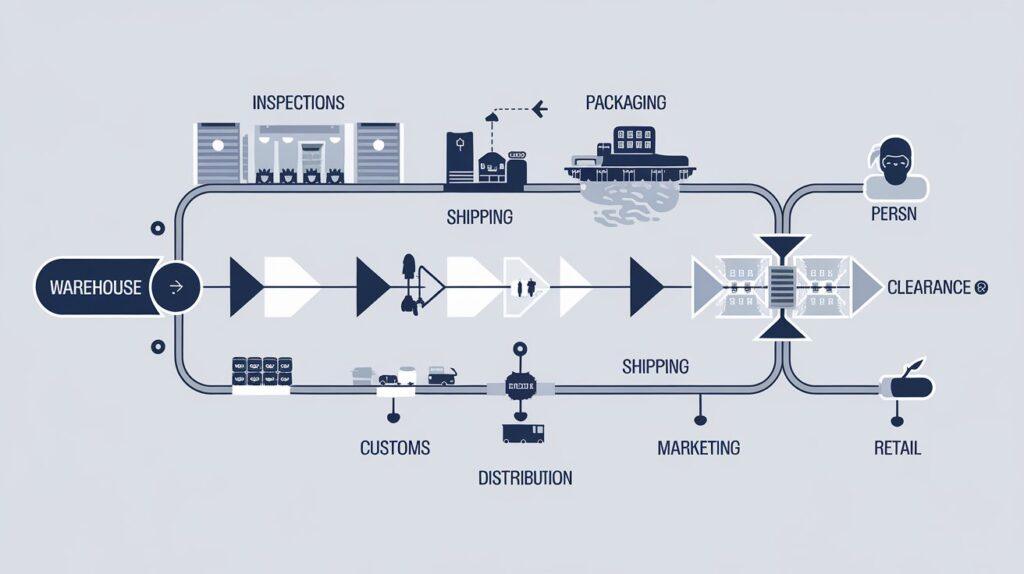Experts Are Furious About This New Way To Make Food Aid Less Efficient

Experts Are Furious About This New Way To Make Food Aid Less Efficient
In a groundbreaking development for humanitarian inefficiency, the Trump-Musk USAID scandal has revolutionized how we prevent food from reaching those in need. By implementing cutting-edge bureaucratic obstacles and innovative communication blackouts, the dynamic duo has achieved what critics are calling “unprecedented levels of waste.”
The Future of Food (Waste) is Here

“We’re disrupting the entire concept of aid distribution,” explained PISR’s own Elongated Muskrat, adjusting his solid gold “Efficiency Expert” badge. “Why simply give food to the hungry when you can create a blockchain-based, AI-driven, quantum-encrypted system that ensures maximum spoilage? That’s innovation!”
Revolutionizing Silence
The Trump-Musk USAID scandal took an even more efficient turn when employees were warned against speaking to the press about the $500 million in at-risk food aid. As Trump border czar Tom Homan eloquently put it while appearing on Fox News, “If you can’t say anything nice about letting food rot, don’t say anything at all.”

The Bottom Line
“When you think about it,” mused Muskrat while standing in front of his new yacht made entirely of expired aid supplies, “what’s more efficient than food that never has to be delivered at all? That’s just basic economics.”
In related news, the fired USAID inspector general has been hired by PISR as our new “Chief Inefficiency Detector.” Unfortunately, they were immediately fired for being too efficient at detecting inefficiency.








Responses